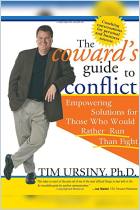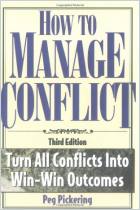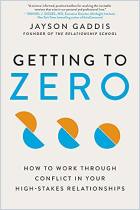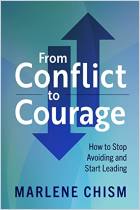
The 7 Principles of Conflict Resolution
How to Resolve Disputes, Defuse Difficult Situations and Reach Agreement
Recommendation
Mediator Louisa Weinstein offers seven principles you can apply to confront and resolve any conflict. To deal with a conflict, she suggests, move beyond your feelings of anxiety. Don't let a conflict escalate; instead, try to diagnose the reasons behind it so you can help resolve it. How you use language can either accentuate a conflict or defuse it by using “deep or expansive listening.” Take a moment to consider people’s real meanings and to go beyond their immediate words so you can focus on the topics they’re avoiding. Much of Weinstein’s advice revolves around bypassing your initial defensive reflexes. Human resource practitioners and budding mediators, in particular, will find her advice useful.
Summary
About the Author
Experienced mediator and trainer Louisa Weinstein’s background is in corporate and private equity law, public sector consultancy and social enterprise.
















Comment on this summary or Start Discussion